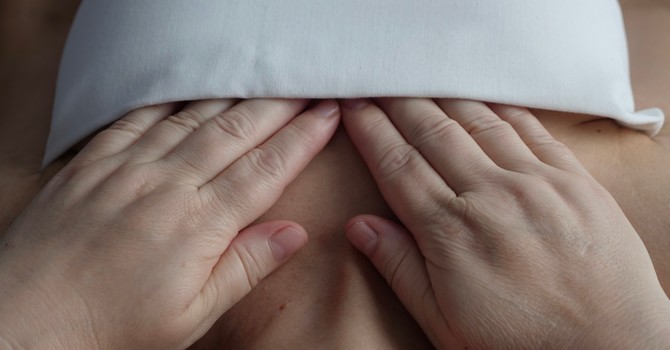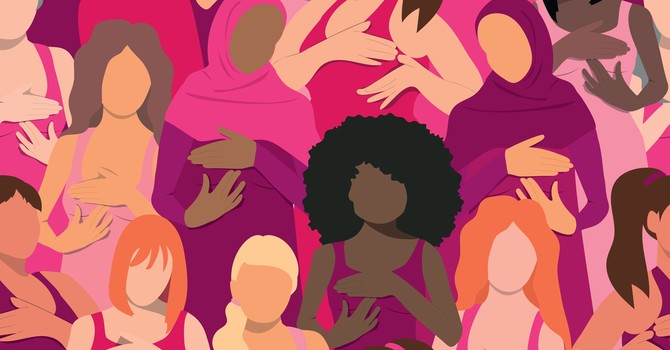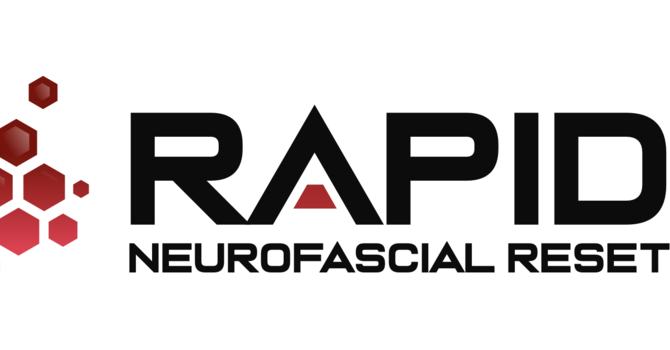This full article is printed in the May/June Issue of WHOLife Journal
What do you think of when you hear the word, ceremony? A joyous day when a couple are wed together in love? A public event when a person receives an award? The anniversary of a particularly important day?
What ceremonies have you had that are important to you? There are many meanings associated with ceremony, but it is basically a formal act to mark an important event. The formality of each event can be as unique as you are - it does not have to be traditional, solemn or prescribed - the main intention is that it is a purposeful desire to create something meaningful for you.
Most people think of events that happen along the trajectory of a person’s life, from birth to death such as baptisms or baby blessings, coming of age rituals such as girls first menstruation, and bar/bat mitzvahs, graduations, weddings, handfasting or commitment ceremonies, retirement and funerals or celebrations of life. They are all important events that, if acknowledged, can help to bring belonging and unity within a familial and social group, as they reflect our beliefs, traditions, hopes, culture and spirituality.
Most of these are celebrations of joy to be witnessed by family and friends. The one exception is a funeral or celebration of life. The loved ones in our lives bring meaning to our every day existence and losing them can be so painful, even if we know sometimes that they are no longer in any pain. There is sadness and grief in these moments, as we mark the transition of the loved one no longer being present here on earth.
There is a role for ceremony not only when someone has died, but in the challenging times when health is compromised. There can be so many thoughts and emotions that may come up for you when your health is at risk. A plan for dealing with this is necessary, whether you journal, draw, walk or exercise your way through understanding what is happening to you, or talking with your closest friends and family, or seeing a therapist or talking with your doctor. It is important to take care of what you most need at a time of stress and imbalance in your life- aiming for the four quadrants- physical, mental, emotional and spiritual to be as in tune as possible with each other.
When you have a recent health challenge or diagnosis, ceremonies can be that bridge to transform your experience. In Dancing Up the Moon, Robin Heerens Lysne discusses how ceremony can be seen as a ritual; intention and presence are key since you bring your consciousness into it. Facilitators (like myself) who offer ceremonial support, can help you move through your grief and loss in a personal one to one ceremony, in my healing room, your home or outdoors. These experiences hold potency, and much can be gained from taking the time to acknowledge and mark them. When you take care of yourself while undergoing a change you bring in compassion and self-love as you navigate it. These touch stone points can occur anywhere on your journey- if you have had a recent surgery or when you've been diagnosed with a life- threatening illness- anywhere on that spectrum of care.
As you honour a personal transition through loss, it can provide healing and be a balm for the hurting wound that you may still feel, physically or figuratively, or both. There is a wide range of loss: miscarriage, abortion, life- threatening diseases or changes, and surgeries, which can include losing body parts. For example, one of my clients had a double mastectomy because she had ductal carcinoma in situ. Before the surgery, she decided that she would like to have a healing ritual at her home, so that she could prepare herself and say good-bye to both her breasts. Together, we created an altar in her bedroom of items that represented what she was feeling at the time, as well as some that I brought to the ceremony. She picked a song that was important to her, read a letter that she wrote to herself about the loss, and we added other elements in too, that were nourishing for her as she prepared for this important transition in her life. It was a transformative session for her.
My work over the years as a massage therapist, crisis intervention counsellor and mental health advocate includes dealing with many levels of trauma, from health diagnoses and surgeries, to healing from sexual trauma. My end-of-life doula training has also widened my knowledge base for people who are in palliative care. These experiences have given me a perspective that allows me to hold space for someone in a safe, sacred and empowering way. With my somatic experience trauma training, it has deepened the lens through which I am able to create and listen to what you may want for yourself in a ceremony.
Through this leadership experience I have gained the ability to draw on creating a ceremony that is most tailored to your needs- what will nourish you and help you to find peace or resolution, or whatever other vision that you have for the it. Ceremony is important to me, personally, as I feel it gives us a doorway into making something that we experience more meaningful. It is about pausing, marking the time and situation, giving space for it, with intention, and moving on.
Pam Fichtner, RMT and SE practitioner, loves working with people in a variety of capacities - inside and outside of her healing space. She was also a lay chaplain with the Saskatoon Unitarians, which allowed her to create ceremonies for weddings, handfastings, blessings and funerals. She enjoys creating and leading earth-based spirituality rituals throughout the year in large groups such as Winter Solstice and Spring Equinox. She feels ceremony enriches her life and it is a gift that she can give others.





